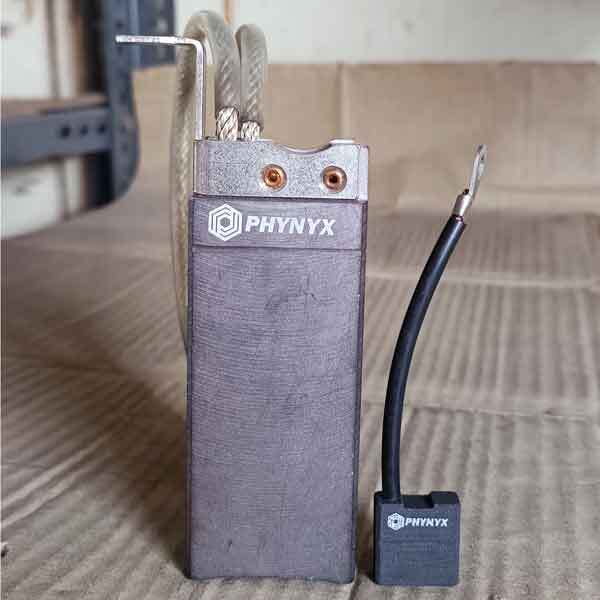Electric Radio Controlled Boats Engines - Brushed Versus Brushless
The two kinds of electric engines as of now being utilized in the radio controlled boats leisure activity are the brushed engine and the brushless engine.
What are they, and which one is ideal? Great Questions...let's investigate these two kinds of electric engines.
To start, all electric engines have magnets and curls of wire (windings). You don't need to recollect any of your secondary school physical science, however the fundamentals are that a curl of wire moving in an attractive field makes an electric flow. At the point when you have a fluctuating current through a loop of wire it will move comparative with the attractive field...in different words, it goes endlessly round!
First is the brushed engine
Most electric radio controlled boats utilize a brushed engine. These brushed engines seem as though a little metal can with a hub standing out of one end and battery leads on the other. Inside that 'can' are the commutator shaft, the armature, wires, carbon brushes, and magnets.
The carbon brushes press against a turning commutator (a bunch of electrical contacts on the armature) causing grating. This contact shapes an electrical circuit between the DC electrical source (battery) and the armature curl windings. At the point when voltage is applied through the battery prompts these brushes it makes the engine twist and gives forward and switch movement to the radio controlled boat.
The disadvantage of this arrangement is the inescapable erosion overburdens the engine, and the brushes wear out with use...therefore requiring periodical substitution.
Moreover, the windings are weighty to pivot, and since they are in all that they experience issues disposing of waste intensity being made. That, yet the brushes connect with the commutator as flows and velocities increment. Thus, you can see that there are many misfortunes in this arrangement. By and by a brushed engine will seldom be more than around 65-70% effective.
Presently we should analyze the brushless engine
The brushless engine is turning out to be progressively famous in the radio controlled boats leisure activity. Why would that be? Indeed, one of the allures of a brushless engine is in the sheer power it can provide for your electric radio controlled boat. Brushless engines, as you could figure, don't have brushes. Thusly, they don't need continuous cleaning, and without the brushes there is less grinding which brings about less intensity - - the greatest enemy of engine execution.
One more engaging element for brushless engines is that they can deal with a lot higher voltage than brushed engines. With an expanded voltage supply, brushless engines can truly help another person to radio controlled sailing race at rankling speeds!
How does the brushless engine function? As opposed to its 'brushed' partner, the brushless engine has a long-lasting magnet in the rotor or shaft. There are sensors that decide the bearing and how quick the magnet turns to deliver voltage. Dissimilar to the carbon brushes of the brushed engine, these sensors don't contact the armature.
In this arrangement, the super durable magnets turn and the armature remains static...opposite of the brushed engine model. This dispenses with the issue of how to move current to a moving armature. In this arrangement, the brush-framework/commutator gathering is supplanted by an electronic regulator. This regulator plays out a similar power circulation capability you will see as in a brushed engine, yet rather utilizes a strong state circuit rather than a commutator/brush framework.
This arrangement dispenses with contact, and subsequently brings about a lot more noteworthy productivity and a tremendous expansion in power - a brushless engine can depend on 300% more impressive than a brushed engine. Additionally, gone is the issue of brush substitution!
There are certainly benefits to running with a brushless motors...the initial one being the brushless engine requires less upkeep and can be more solid. A brushless engine can, as a rule, give more force and more effective power than an equivalent brushed engine.
Despite the fact that the underlying expense of a brushless framework is higher, assuming you consider the support and different expenses related with a low turn, strong brushed engine, the expense will rapidly legitimize itself.
Remember, be that as it may, these engines are just barely now becoming lawful in some expert radio controlled dashing circuits! That could possibly apply to your singular circumstance or potentially needs.
Along these lines, that's it. The choice is yours...brushed or brushless. Think about your singular necessities and objectives, as well as cost and browse the many radio controlled boats the one that is appropriate for you at the present time. Indeed, your abilities and objectives will change over the long run, and you can positively have more than one boat...one for each event!!

Comments
Post a Comment